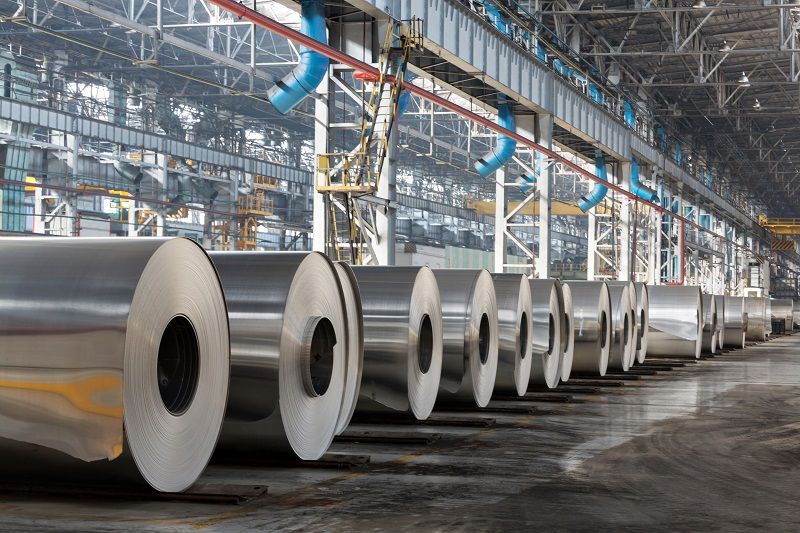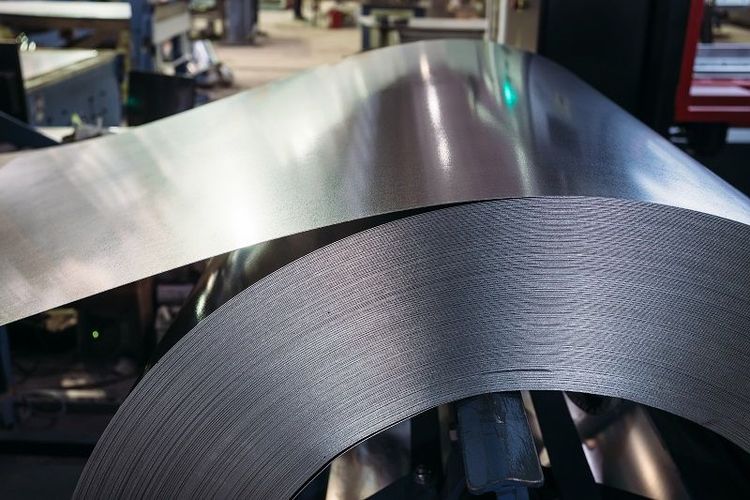Steel is a prevalent metal used in various industries due to its exceptional strength, durability, and adaptability for different projects. Knowing about the multiple types of steel available before procuring it for any project is crucial, as it comes in wide varieties with varying grades and properties. The selection of steel grade can be challenging, but it is vital to consider the project's requirements. The top steel companies in India can offer guidance and assistance with selecting the right grade. This article provides a guide to help you choose the appropriate steel grade for your project. Keep reading to learn more.
Tips to select the right steel grade for your project:
1. Carbon Content
To attain specific properties in steel, it is important to choose a grade of steel with an appropriate amount of carbon. Steels with lower carbon content are easier to machine and form, and can be welded, while those with higher carbon content increase tensile strength and abrasion resistance, but decrease toughness and may lead to higher manufacturing costs due to reduced machinability, higher tempering temperatures, and increased risk of quench cracking. Although other alloying elements also contribute to strength and hardness, their effect is less significant than that of carbon and varies depending on the specific element used.
2. Operating Environment
The operating environment is of utmost importance when selecting the appropriate steel grade. The environment in which the steel will operate significantly impacts its performance quality. Physical factors such as frequency, pH levels, and temperature dictate the steel's operating conditions. For instance, in industrial warehouses where large machines are used, high heat is often generated, which can affect the steel's functionality over time. Similarly, MS chequered plates can be affected by the high heat waves emitted by furnaces or other instruments. Hence, choosing the right steel grade depending on the operating environment is essential.
3. Strength
When selecting steel, you should consider the material's tensile strength, which is its ability to withstand tension or stress. To determine the steel's tensile strength, place a sample of the steel into a machine and gradually apply external force to the product while measuring its sustainability using an extensometer device. The tensile strength is determined by the amount of pressure the sample can handle before breaking.





 +91 7208055523
+91 7208055523
 Help & support
Help & support
